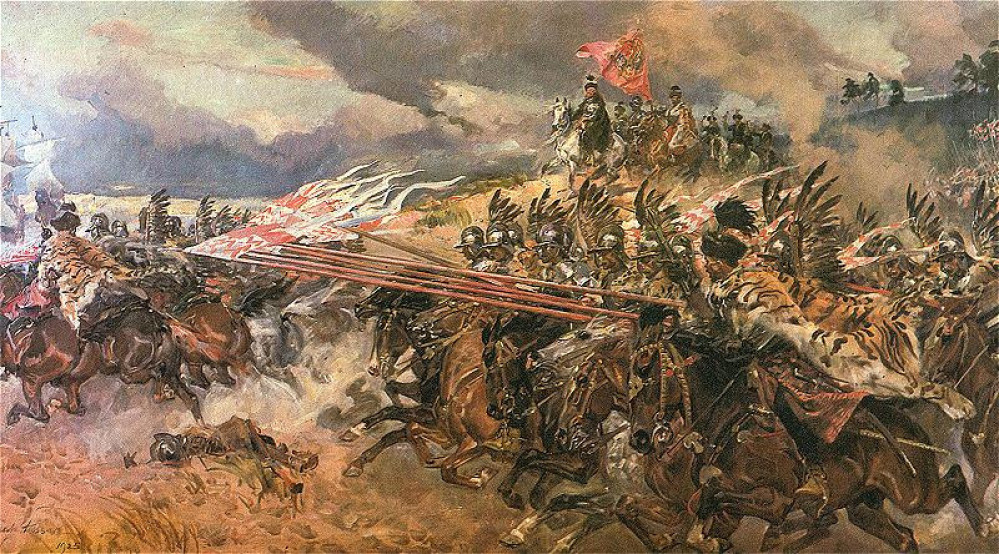
Husaria - Building a Polish army for the 1620s
Casualties of War
One piece of record keeping that is required for Pike and Shotte games is to keep a note of a unit’s loss of stamina points. You can do this with a small dice, but I find that these either get knocked over as figures are moved about, or that the dice get picked up by accident and used for other rolls! I am therefore a fan of using these counter bases from Warbases (link). I have used here the 40mm “Style 2” option. These are ideal to fit a 28mm figure which I think improves the look of a bare counter.
I was therefore delighted to see that 1898 included a ‘Dead and Wounded’ pack in their Tercio range (link). Having recently painted up a few units of shot from this range these casualty figures were ideal to use with them on the tabletop. In line with the rest of the range, the casualties are single piece, 28mm castings, some of which require the addition of a scabbard to the figure.
There are six figures provided in the 1898 Dead and Wounded pack, although two of them are provided as a single piece casting. I really like the poses of the figures as there are two or three that provide a nice change from the standard dead figure lying flat on the ground. I really like the wounded solider being helped by his comrade, and the wounded officer preparing to defined himself.
The figures were nice to paint up, and have enough detail to take washes. 1898 have a useful painting guide for the Tercio range on their site (link) that, as well as showing the overall technique, also has a handy table of the Vallejo colours that provide the ideal muted colour palette to represent the typical 17th century solider on campaign.
I hope you have found this project entry useful, and you feel inspired to create some of your own casualty markers.
Until next time!
































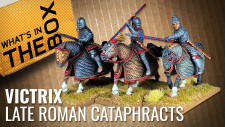

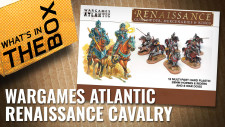
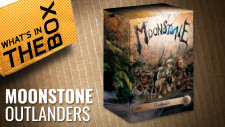








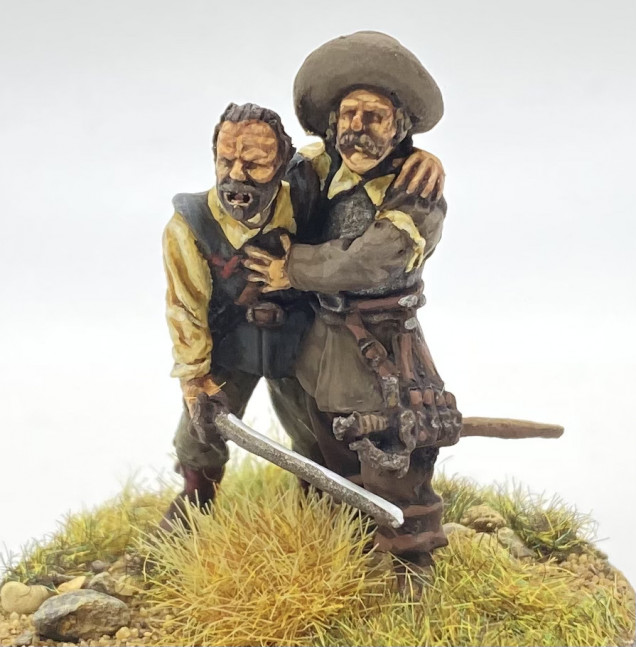










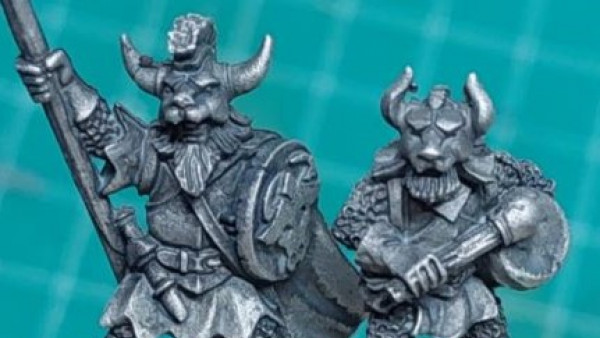

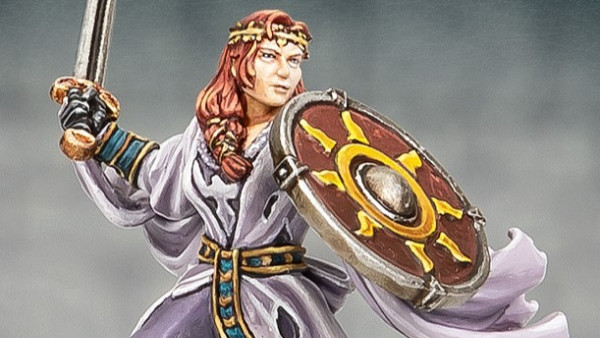
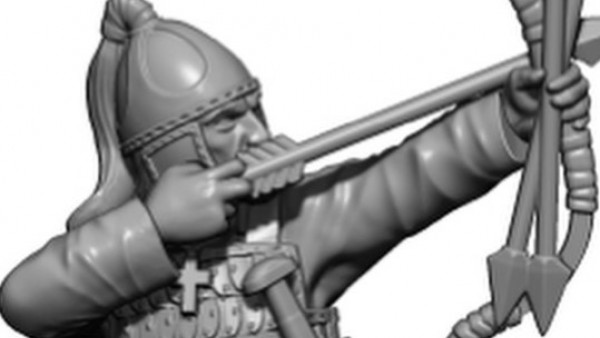
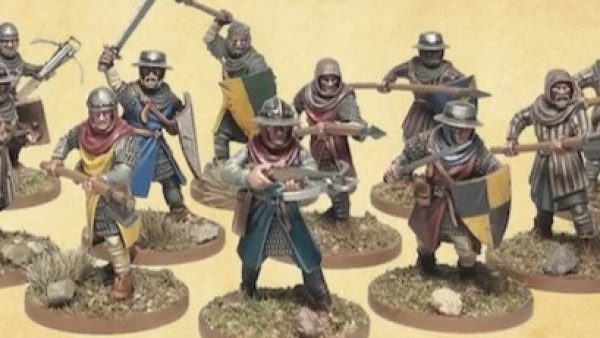
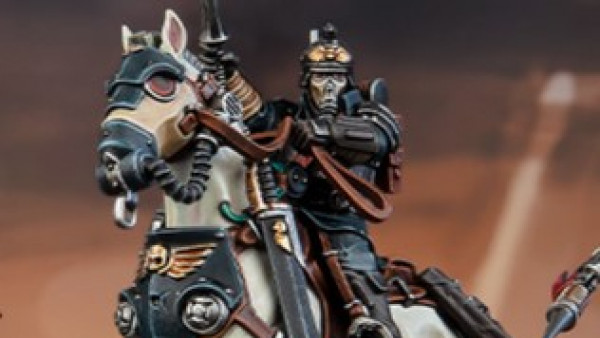
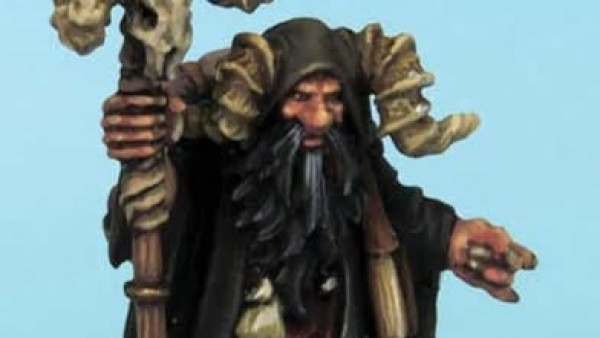
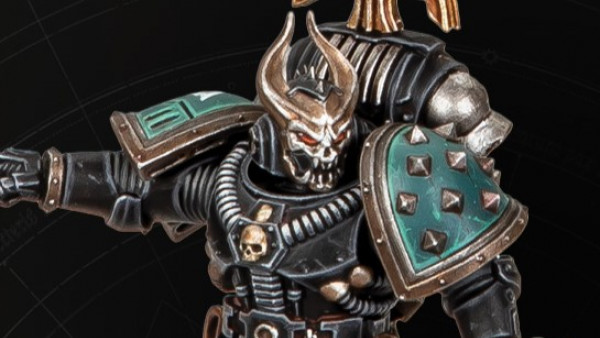
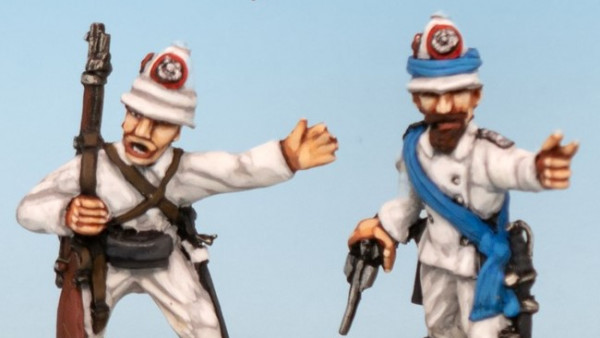
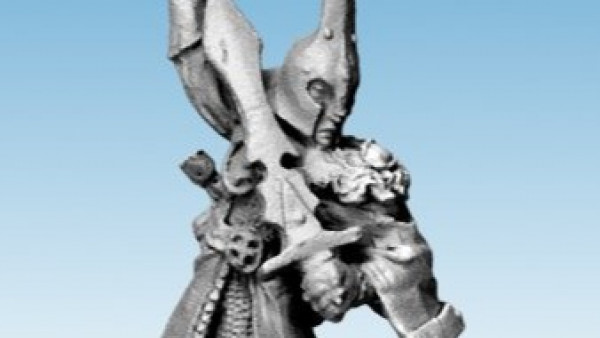
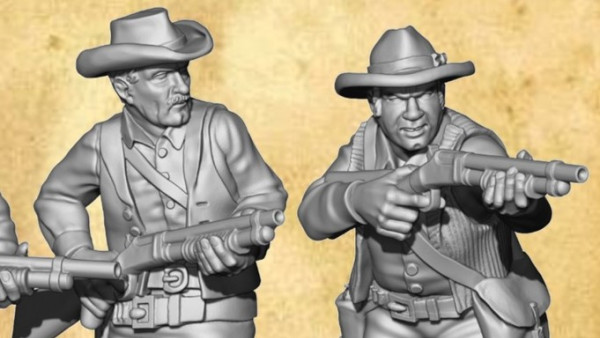
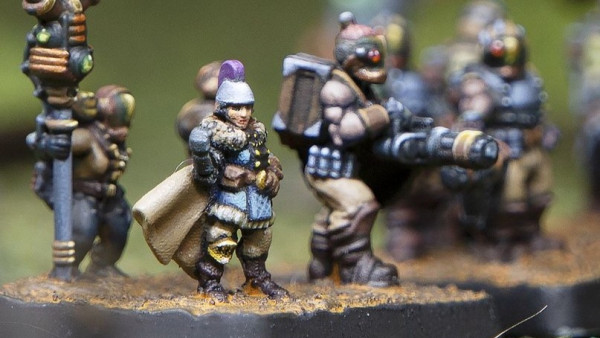
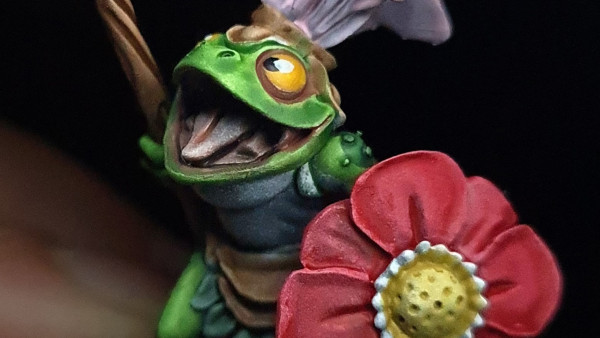
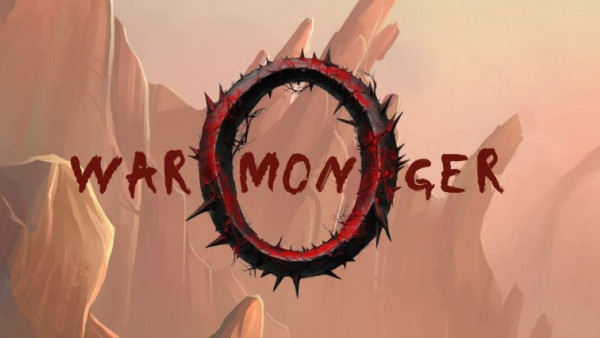

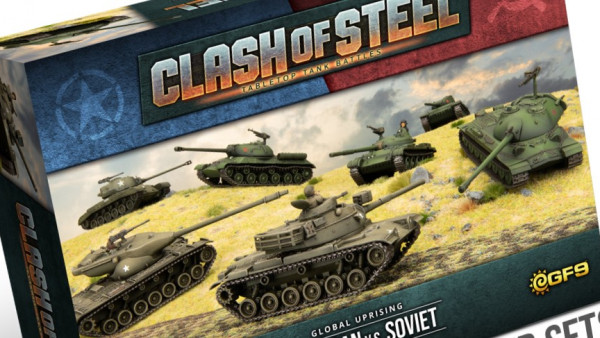
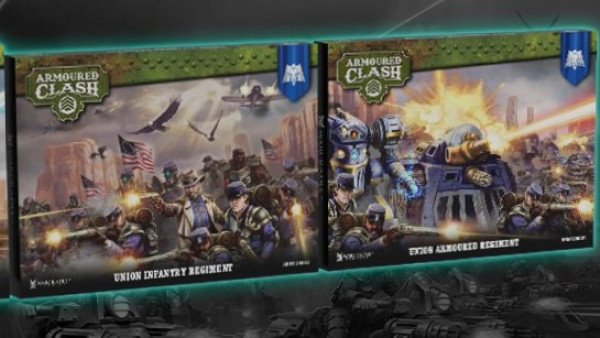
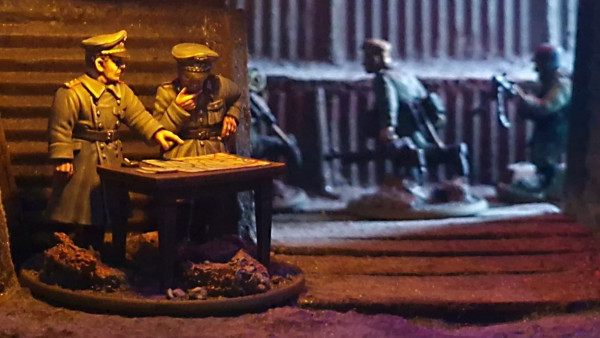

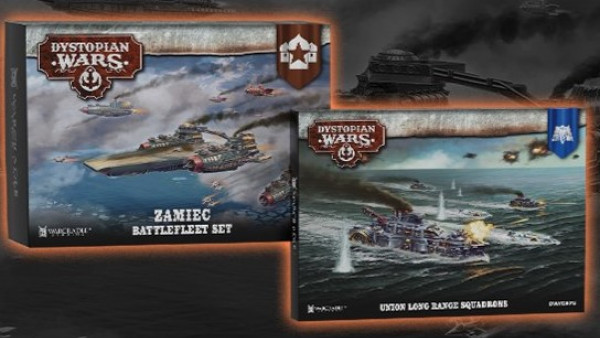
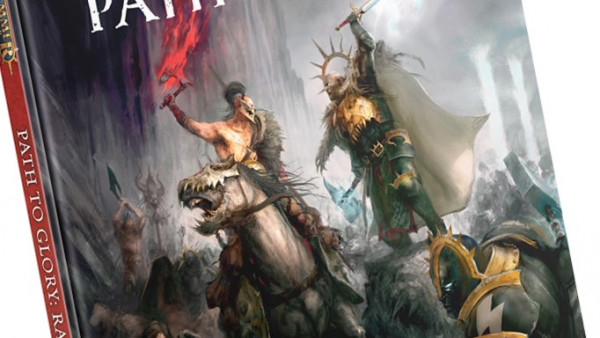


Leave a Reply